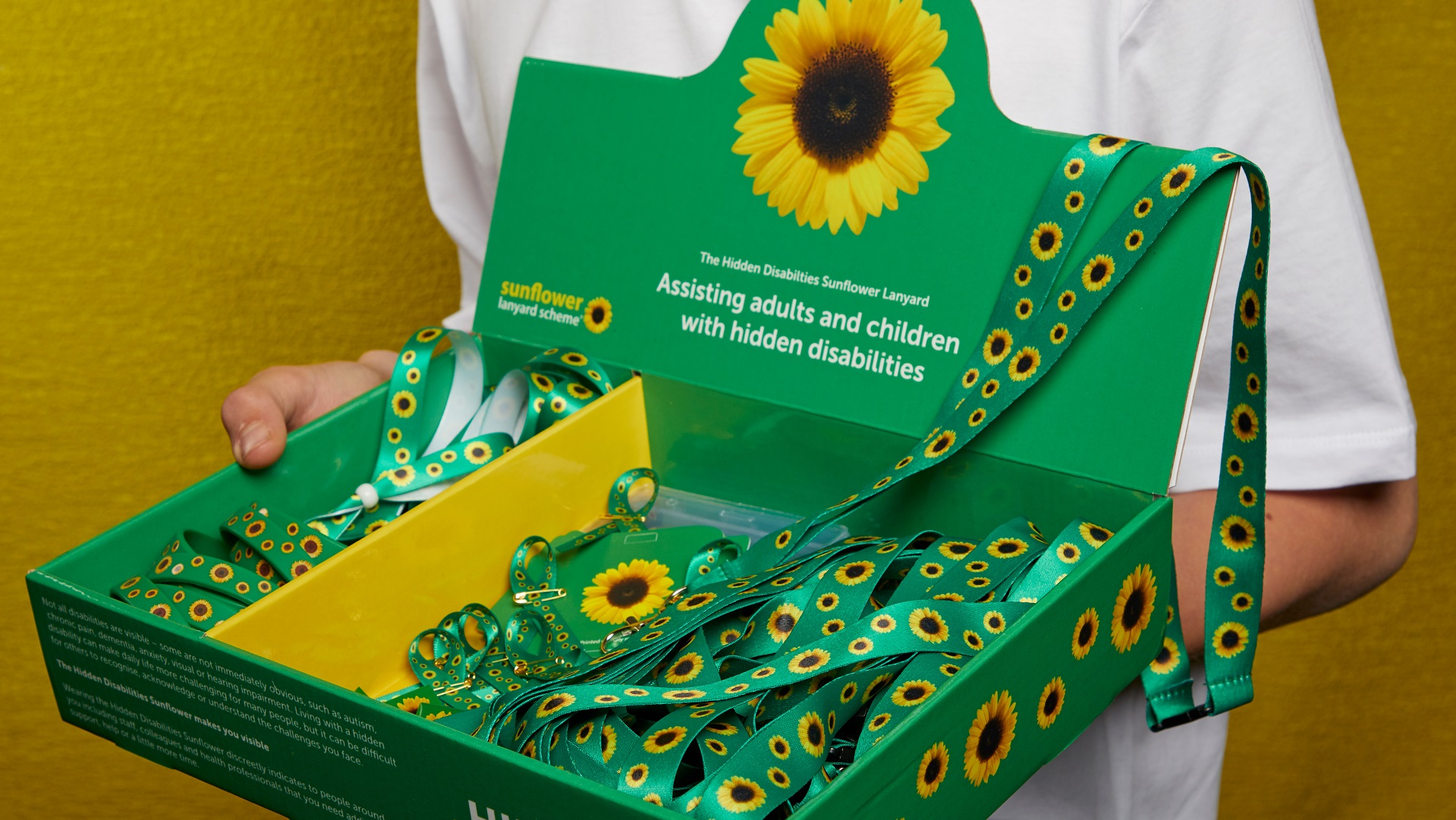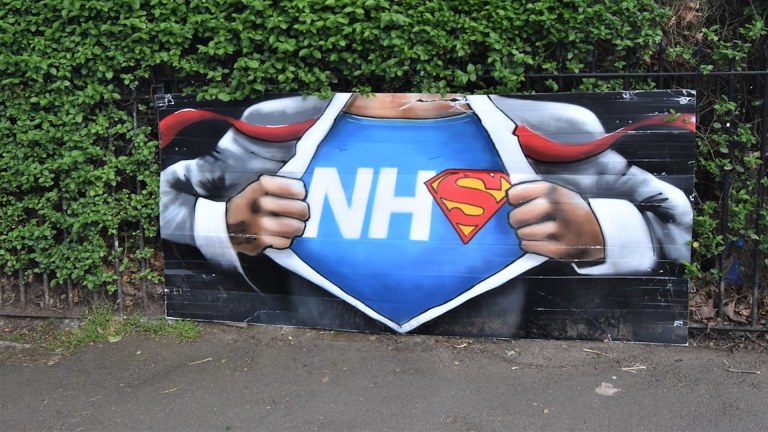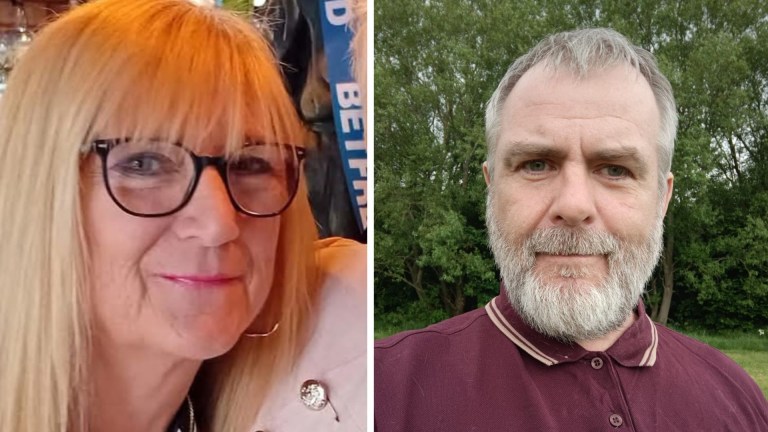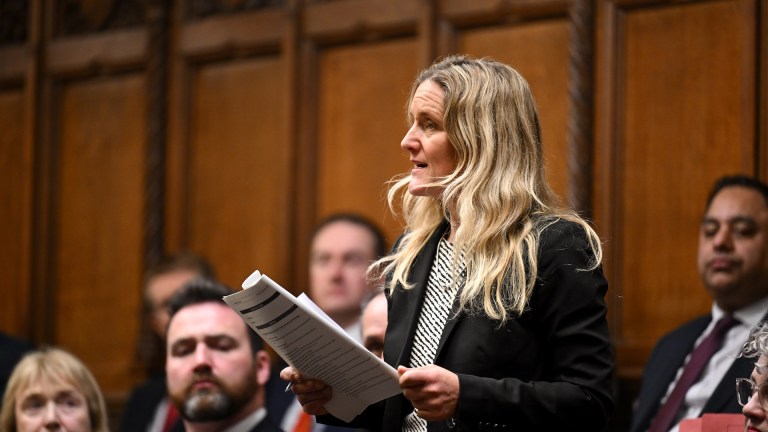After almost a year of mandatory use on public transport and public indoor spaces, face masks could become a choice from July 19, rather than an obligation. There have been exceptions for some throughout the pandemic — for young children, disabled people and those with breathing difficulties — but, for those with hidden disabilities, the choice to not wear a face covering is not always understood by other members of the public.
The Hidden Disability Sunflower scheme has seen an increase in interest in their sunflower lanyards in the last year. The organisation has been providing lanyards since 2016 for users to signal that they are affected by a condition others might not be able to see but need to be aware of.
Paul White, chief executive of Hidden Disabilities Sunflower team, explains: “The sunflower is a choice, it’s a way to demonstrate to others that you might need that little bit more time, and a way to demonstrate that although we are all equal, we are not all the same. You may feel you might need to wear one one day, and not wear one the next.”
#MakingTheInvisibleVisible
The Sunflower is here for anyone that chooses to indicate that they have an invisible disability and may need support, understanding or a little more time as they go about their daily lives.Share in your networks. 🌻
Shop//bit.ly/2Hn4AnY pic.twitter.com/3WuMZxSGpx
— Hidden Disabilities (@sunflwrlanyards) July 7, 2021
The Hidden Disabilities Sunflower team launched in 2016 in London Gatwick airport as a way of informing airport staff and other passengers that someone may require extra time or assistance. Since then, it has been seen globally in airports and other venues, including supermarkets and small businesses.
Businesses which opt into the scheme receive lanyards they can then donate to colleagues and customers. The organisation does not require proof of a disability, and no special rights are granted by the lanyard, it is simply a subtle signal that the wearer may require extra assistance.










